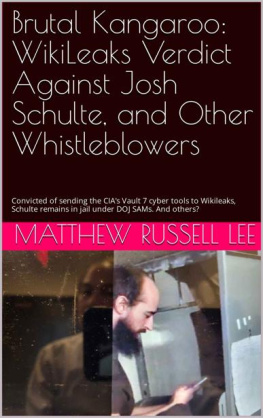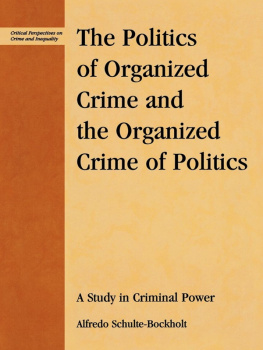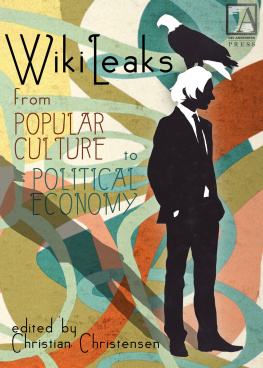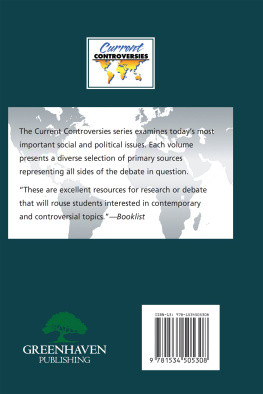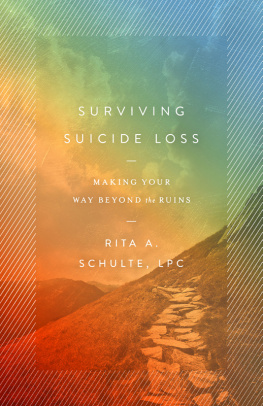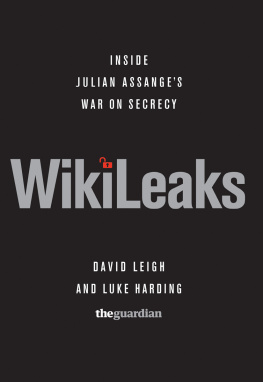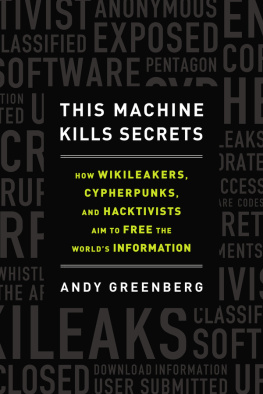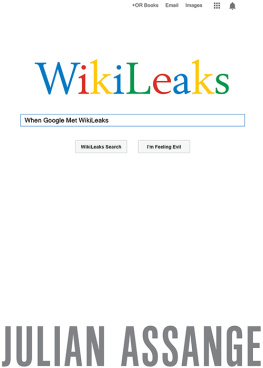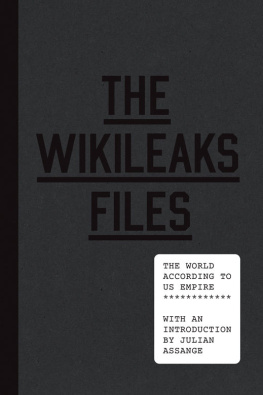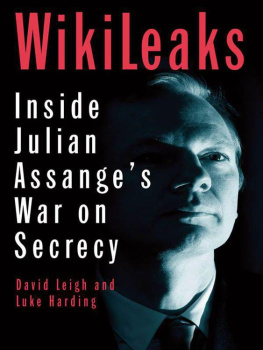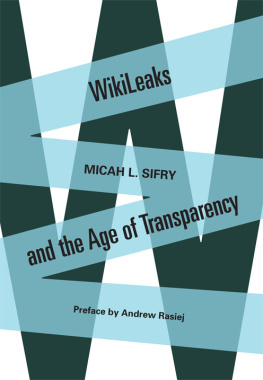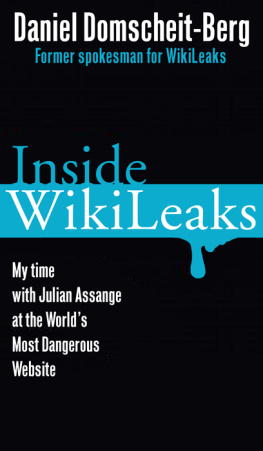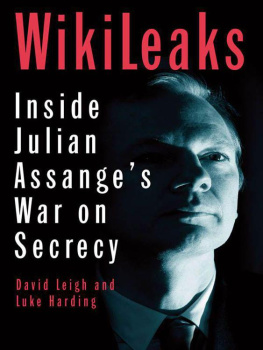Brutal Kangaroo: WikiLeaks, Josh Schulte and Other Whistleblowers
by Matthew Russell Lee, July 2022
The curtains were drawn in Courtroom 15A, clipped together so that the Manhattan skyline outside couldn't be seen and no one could see in.
For the Central Intelligence Agency witnesses against Josh Schulte, accused of sending the CIA's hacking tools to Wikileaks, Judge Jesse Furman had ordered that the courtroom would be sealed.
Kurt Wheelock had opposed it; Judge Furman's order provided for two pool reporters to be let in, as long as they didn't describe the witnesses.
Kurt had become the pool, that day. There were no other reporters there. And he'd try not to break the rules. Before coming to cover this Southern District of New York courthouse, he'd been thrown out of the United Nations for covering it too closely, and showing that UN Secretary General Antonio Guterres didn't want shown. He'd try not to make that mistake again. But he'd write about it, here.
I.
During the first trial of Josh Schulte, when the courtroom was declared sealed for CIA witnesses, Kurt Wheelock had stood outside by the elevators on the 14th floor of the U.S. District Court for the Southern District of New York, live-tweeting as much as he could about those who walked in or out.
Now for the trial, additional precautions were being taken. The new judge referred obliquely to some other courtroom where they had been meeting about classified information. And during the CIA witnesses' testimony in the second trial, which Wheelock's colleague Michael Randall Long had applied unsuccessfully to unseal, even the jurors would be asked to step out in advance.
Just the previous month during the We Build the Wall trial of Tim Shea, Kurt had live-tweeted a jury note that Judge Analisa Torres read out in open court. The jurors, 11 of them, called out a twelfth and named him: Roberto, Juror Number Four. Kurt tweeted that, then heard Judge Torres say, I want that stricken from the transcript. But live-tweeting was a form of transcript, and now it was too late. Kurt didn't like taking down articles or tweets (although he had done so, only once, when the prosecutors in the Larry Ray trial asked for the list of Claudia Drury's prostitution clients to come down).
Now as the second trial approached, Kurt resolved not to cover jury selection, so as to not be tempted. He wasn't much interested in the opening statements either. It was the CIA witnesses that attracted, the forbidden or sealed fruit. How would he approach it differently than the first time around?
II.
A first step was to look back at how the first trial had been. Even with the sealing orders, Judge Crotty had allowed pool reporters into the courtroom for the CIA witnesses. And why not here? Why no public hearing?
Then there was the juror who had been kicked off, just before the verdict, for reading news about the case. Kurt had run down to the courthouse lobby to hear her out, then back up to live-tweet some more. Would that be possible this time? When the testimony began in earnest?
What was most surprising about Josh Schulte's first trial was how few people cared about it. While now described as the biggest leak ever, many days there were swaths of empty seats in Judge Crotty's courtroom. Few knew of the SCIF on the 9th floor much less went up there; the SCIF shared the floor with a small district office of Rep. Nidia Velasquez. People now following the case laughed at Schulte's complaints, about the broken laptop, no stamps, no commissionary.
Kurt often thought of where he had been when Schulte was arrested in 2017, after he was interviewed in the Pershing Square restaurant across from Grand Central. He was still in the UN then, though already getting targeted and perhaps over-reacting in a manner that might now be called Schultian.
Initially allowed out on bond and home confinement, Schulte was finally put into the MCC during the summer of 2018 - on July 3 of which Kurt was roughed up and throw out of the UN. One thrown out, another thrown in.
After months trying to cover the UN from the now being sold out public library on 46th Street, Kurt arrived down at the SDNY court, spending months getting accredited, having his phone and laptop taken away at the entrance, getting them out to go write his articles in the basement of the public library on East Broadway. It was then that he first heard of the SCIF case and decided to look into it. Now he was hooked, for round two and beyond.
III.
"These fine gentlemen," Josh Schulte pointed at the US Marshals who sat in back of him in court, "You will be seeing a lot of them."
The CIA Vault 7 leaks re-trial began after these 16 jurors were picked. In responding to the jury summons they'd had no idea it could be about petabytes of information, air-gapped split hard drives and fall-out from the nerf gun wars. But here they were.
Kurt Wheelock the blogger was in the back bench of the courtroom gallery when the last 16 were picked. He heard their names but didn't publish them, at least not on his blog or Twitter feed. He gave in to the white noise and did not try to listen through it.
But when it came time for sealed witnesses, he told himself, he would be opposing it again.
Schulte argued to Judge Furman that if the prosecutors now wouldn't stipulate that what Wikileaks had published was in fact government information, why was he on trial? Why indeed. Some was and some wasn't. 1.4 petabytes of data had been seized.
"The back door was the front door," Schulte said. Some jurors shook their heads. Drifting Deadline was one program, Brutal Kangaroo another. Kurt thought that would make a good title for this story, the serial, the parallel tale told from the inside.
He had rushed back to New York when he heard the opening statements would be on the second day. A FlixBus from Washington, from midnight to four pm, a bad smell in the back of the bus and the roads being fixed even at this hour. It was another America.
In Philadelphia they stopped in front of the Federal court. Kurt wondered if they had a Press Room like the one in the SDNY where he worked, with two PACER terminals and a mini-fridge. Josh Schulte on 39th Street had owned, he told the jury, huge hard drives and played games on them. He was charged with child porn but said others had uploaded it. A libertarian had provided a venue for all things maligned elsewhere. But what were his politics?
In his opening statement Schulte cited Ukraine's Zelenskyy, perhaps ironically. He name-checked George Orwell and said he'd played a role in tracking down Osama Bin Laden. How did he compare, say, to Virgil Griffith who pleaded guilty at the last minute to charges of helping North Korea with crypto? This leak was treated more seriously. FBI Agent Evanchec called the leak's impact "devastating."
While the help to North Korea was all what might have been, or what still might be. The prosecutors wouldn't let Schulte plead that way, and he probably wouldn't take it. His notebooks, marked Attorney Client Privilege, spoke of an information war. But this trial would in fact be it.
Unsealing I
Schulte had filed a civil case against the Attorney General, then Jeff Sessions - but during the criminal retrial, most of it was still sealed. So Inner City Press filed a request to unseal it:
"Dear Judge Furman: Inner City Press is covering defendant Schulte's above-captioned criminal trial before this Court. As part of its reporting it sought to access filings in the civil case Schulte v. Attorney General, 19-cv-3346 (JMF) but found for many of them the response in PACER, 'You do not have permission to view this document.'
This is the case, for example, for Dkt No. 17, Schulte's April 22, 2022 letter to this Court, about 'inhumane confinement conditions and other issues stemming from the government's investigation [of] the WikiLeaks Vault 7 disclosures.'
Next page
